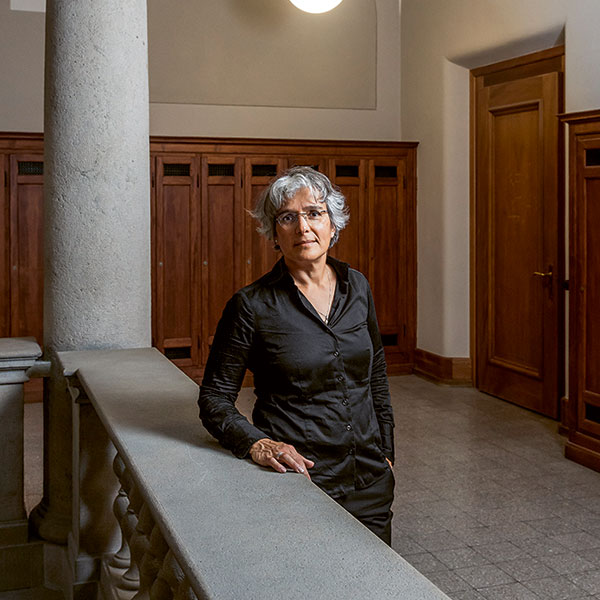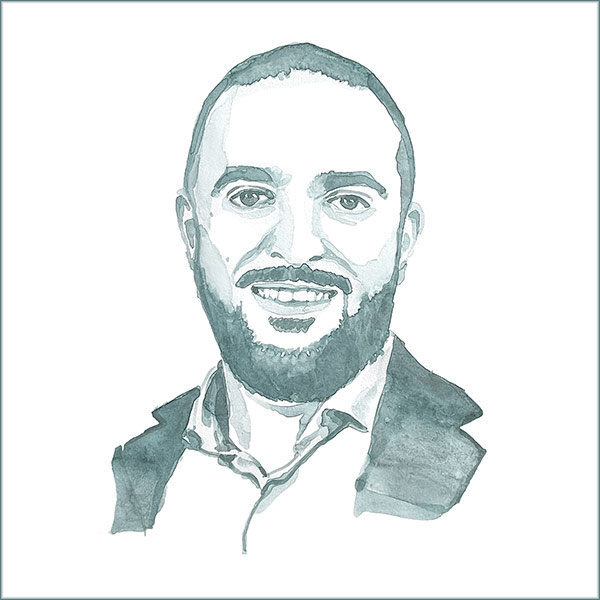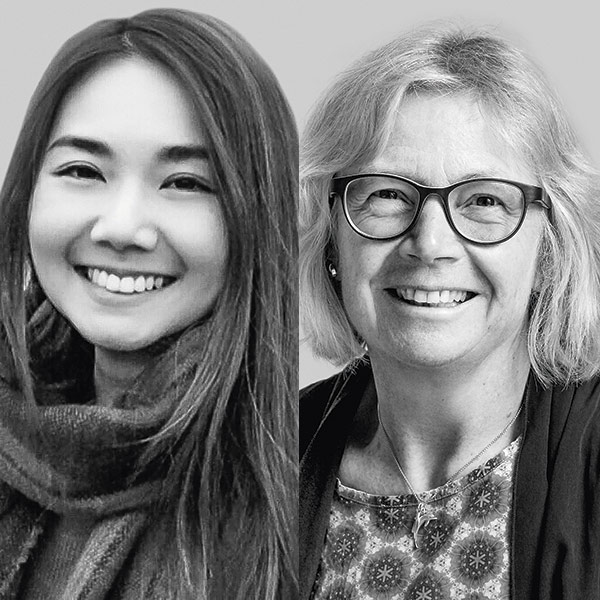Young opinions
“My research consultancy also contributes to scientific progress”
Marco Cavallaro highlights the importance of getting advice when seeking research funding, as this helps to ensure that the scientific ecosystem can function.

Marco Cavallaro is a member of the Swiss Young Academy and recently completed his thesis on research funding programmes at the University of Lugano (USI). | Illustration: Stefan Vecsey
I wasn’t particularly interested in an academic career after my PhD. As I pursued my doctoral studies, I realised I wasn’t made for the uncertainty that often stems from dependence on research grants in a highly competitive environment. I therefore chose to explore other horizons. Ironically, the competition for research funding has become a domain where I’ve acquired some expertise. This topic was at the heart of my thesis. I also worked for a consulting firm helping scientists obtain European funding for collaborative projects.
Today, I’m one of the National Contact Points for the Marie Skłodowska-Curie Actions, supporting mobility, training and research, mainly at the doctoral and postdoctoral levels. My role consists in advising scientists on funding opportunities, reviewing project proposals, and following the evolution of European Union research policies. What I learned writing my PhD helps me to adapt to this job.
Switching from research support to supporting scientists has brought me great satisfaction. First, by facilitating access to funding, my research consultancy makes a modest contribution to scientific progress. Secondly, the diversity of projects exposes me to new disciplines beyond my expertise, for instance, artificial intelligence integrated into new treatments for metabolic diseases. Finally, regular office hours allow me to better manage my personal commitments, lead a healthier life, and spend more time with my family and friends.
I’m convinced that this type of role – also like research managers or grant consultants – is essential to the proper functioning of the research ecosystem. They contribute to ensuring that brilliant ideas find the necessary resources to tackle chronic diseases, preserve biodiversity, or combat unequal access to education.




